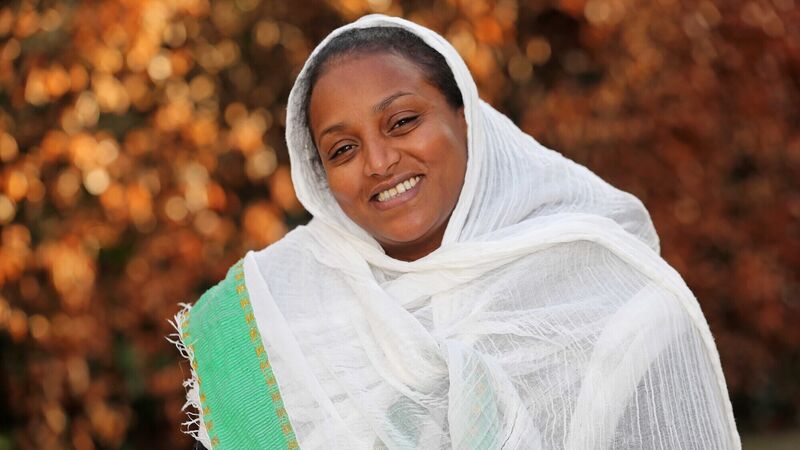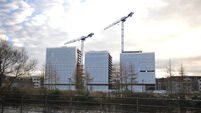Cork's new churches celebrate Christmas in the most unlikely places

Winta Mengstu, originally from Eritrea, now living in Blackpool. “Our church back home is different.” Picture: Jim Coughlan
When you see the words Cork and church in the same sentence, you might think of the grey, stone buildings dotted around the city with their loud bells and grandiose structures.
A cursory google of these terms brings up photos of Holy Trinity’s gothic arches or St Fin Barre’s trio of towers. These cavernous halls hold the capacity for Cork’s Catholics and Protestants to worship their God, but as Ireland walks away from a church many no longer believe in, such buildings are slowly becoming relics of times gone by.











